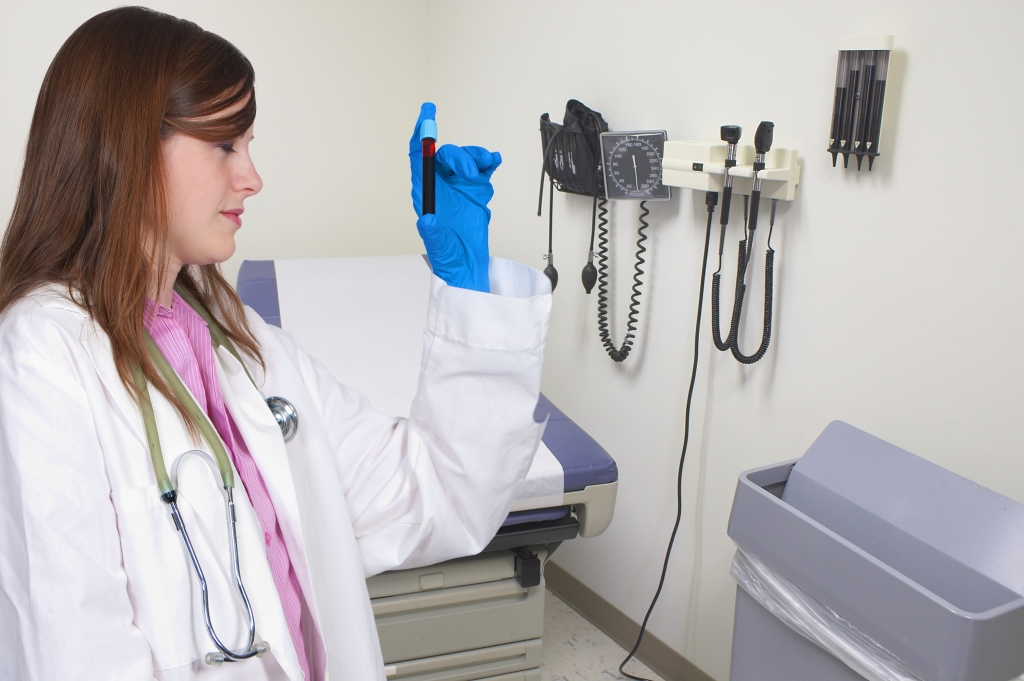Top Skills and Career Insights for Medical Phlebotomists: Your Guide to a Rewarding Healthcare Role
Embarking on a career as a medical phlebotomist offers a unique possibility to contribute directly to patient care while building a fulfilling healthcare career. As vital members of medical laboratory teams, phlebotomists specialize in drawing blood, ensuring sample integrity, and supporting diagnostic processes. This thorough guide explores the essential skills,career insights,practical tips,and benefits of becoming a proficient phlebotomist. whether you’re new to healthcare or considering a career switch, understanding what it takes to excel in this role can set you on the path to professional success and personal satisfaction.
Understanding the Role of a Medical Phlebotomist
Medical phlebotomists are healthcare professionals trained to perform blood draws from patients for laboratory testing, transfusions, donations, or research. Their role requires technical proficiency, compassion, and attention to detail to ensure patient safety and sample accuracy. Effective phlebotomists also communicate clearly with patients, reducing anxiety and fostering trust during procedures.
Top Skills Required for a Successful Medical Phlebotomist
To thrive in this fulfilling healthcare role, certain skills are imperative. Let’s explore the most critical skills for medical phlebotomists.
Technical Skills
- Venipuncture proficiency: Mastery in drawing blood using various techniques and equipment.
- Sample handling: Proper collection,labeling,and processing of lab samples to prevent contamination and ensure accuracy.
- Knowledge of laboratory procedures: Understanding test requirements and handling specimens according to protocols.
- Infection control: Adherence to safety standards to prevent the spread of infections.
interpersonal Skills
- Communication skills: Explaining procedures clearly and empathetically to patients.
- Patience and empathy: Comforting anxious patients and managing difficult situations calmly.
- Active listening: Responding appropriately to patient concerns.
Organizational Skills
- Time management: Efficiently prioritizing tasks to handle a high volume of patients.
- Attention to detail: Ensuring accurate sample collection and record keeping.
- adaptability: Adjusting to various patient needs and procedural changes.
Physical and Emotional Attributes
- Steady hands: Precise needle insertion without discomfort.
- Resilience: Managing potential rejection or difficulty in sample collection.
- Professionalism: maintaining a respectful attitude in all patient interactions.
Career Insights and Growth Opportunities
Assessing your career prospects as a medical phlebotomist involves understanding the job market, necessary certifications, and advancement pathways.
Certifications and Education
Most employers require formal training and certification. Common certifications include:
- Certified Phlebotomy Technician (CPT)
- Registered Phlebotomy Technician (RPT)
- Licensed Phlebotomist, depending on state requirements
Training programs typically cover anatomy, blood draw techniques, safety protocols, and patient interaction skills.Many community colleges and healthcare training institutions offer certification courses.
Job Outlook and Salary Expectations
| Aspect | Details |
|---|---|
| Average Salary | $36,000 – $42,000 annually (varies by location) |
| Job Growth | Projected 10% increase over the next decade |
| Work Settings | Hospitals, clinics, blood donation centers, labs |
Career Advancement Opportunities
While many phlebotomists work in entry-level roles, there are pathways to advanced positions, including:
- Laboratory Technician
- Medical Assistant
- Phlebotomy Instructor
- Healthcare Supervisor or Manager
Benefits and Practical Tips for Aspiring Phlebotomists
Benefits of a Career in Phlebotomy
- Rewarding patient interactions: Providing comfort and reassurance to patients during stressful procedures.
- High demand: strong employment opportunities across healthcare facilities.
- Flexible work schedules: Opportunities for part-time or full-time roles.
- Foundation for healthcare careers: A stepping stone for further specializations.
Practical Tips to Succeed as a Medical Phlebotomist
- Stay updated on certifications: Regularly renew certifications and attend workshops.
- Practice your skills: Volunteer or seek internships to build confidence.
- Develop excellent communication skills: Learn to explain procedures clearly and empathetically.
- Prioritize safety: Follow infection control protocols diligently.
- network within the healthcare community: Join professional associations like the American Society of Phlebotomy Technicians (ASPT).
Case study: From Novice to Expert Phlebotomist
| Stage | Experience | Takeaway |
|---|---|---|
| Training | Completed certification course at local community college. | gained foundational skills and confidence in blood collection techniques. |
| Initial Job | worked in a busy hospital outpatient lab. | Improved patient communication and mastered venipuncture in diverse populations. |
| Advanced Role | Led training sessions for new staff. | Developed leadership skills and became a trusted team member. |
Conclusion
becoming a medical phlebotomist offers a meaningful career pathway within the healthcare industry. By developing key technical, interpersonal, and organizational skills, you can excel in this role and enjoy numerous benefits, including job stability, growth potential, and personal fulfillment. With the right training, certifications, and attitude, you can make a tangible difference in patients’ lives while building a rewarding healthcare career. Keep honing your skills, stay informed about industry trends, and embrace opportunities for advancement – your journey as a successful phlebotomist starts here!
